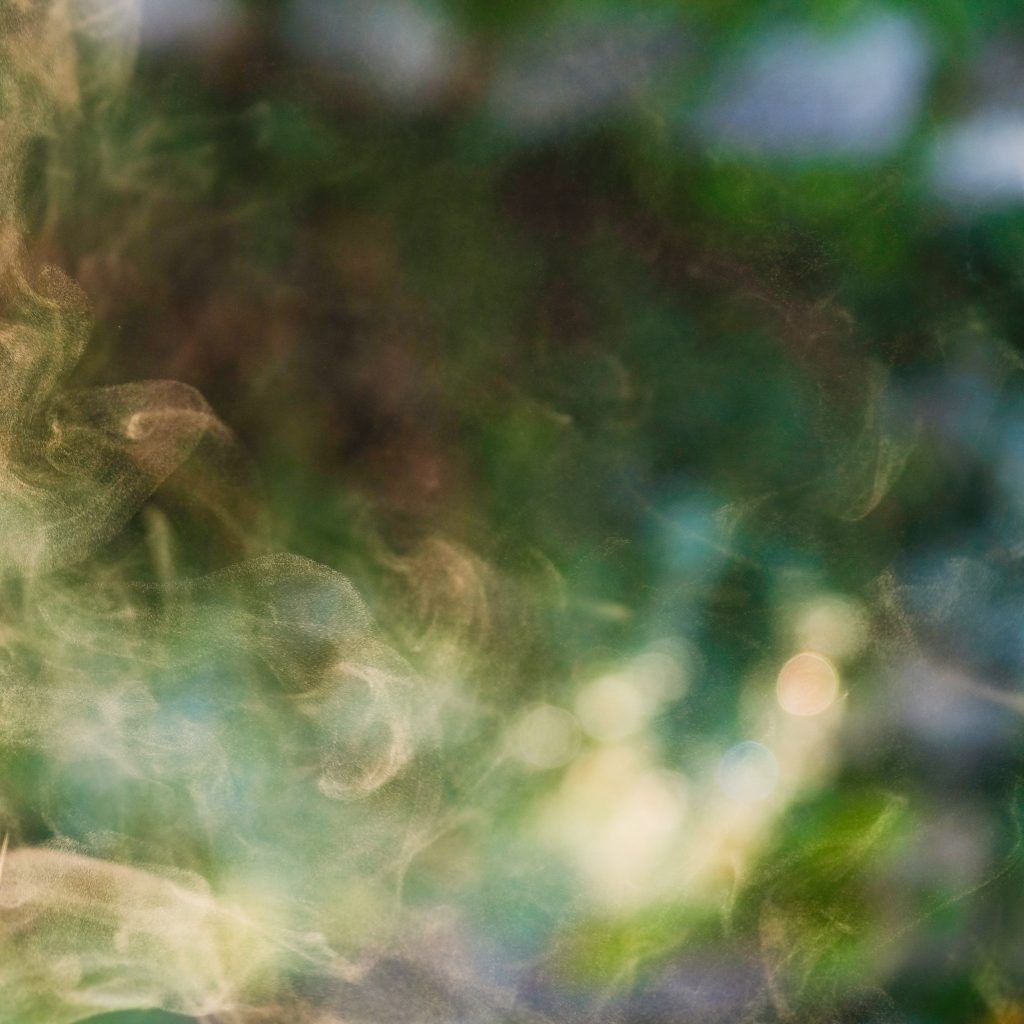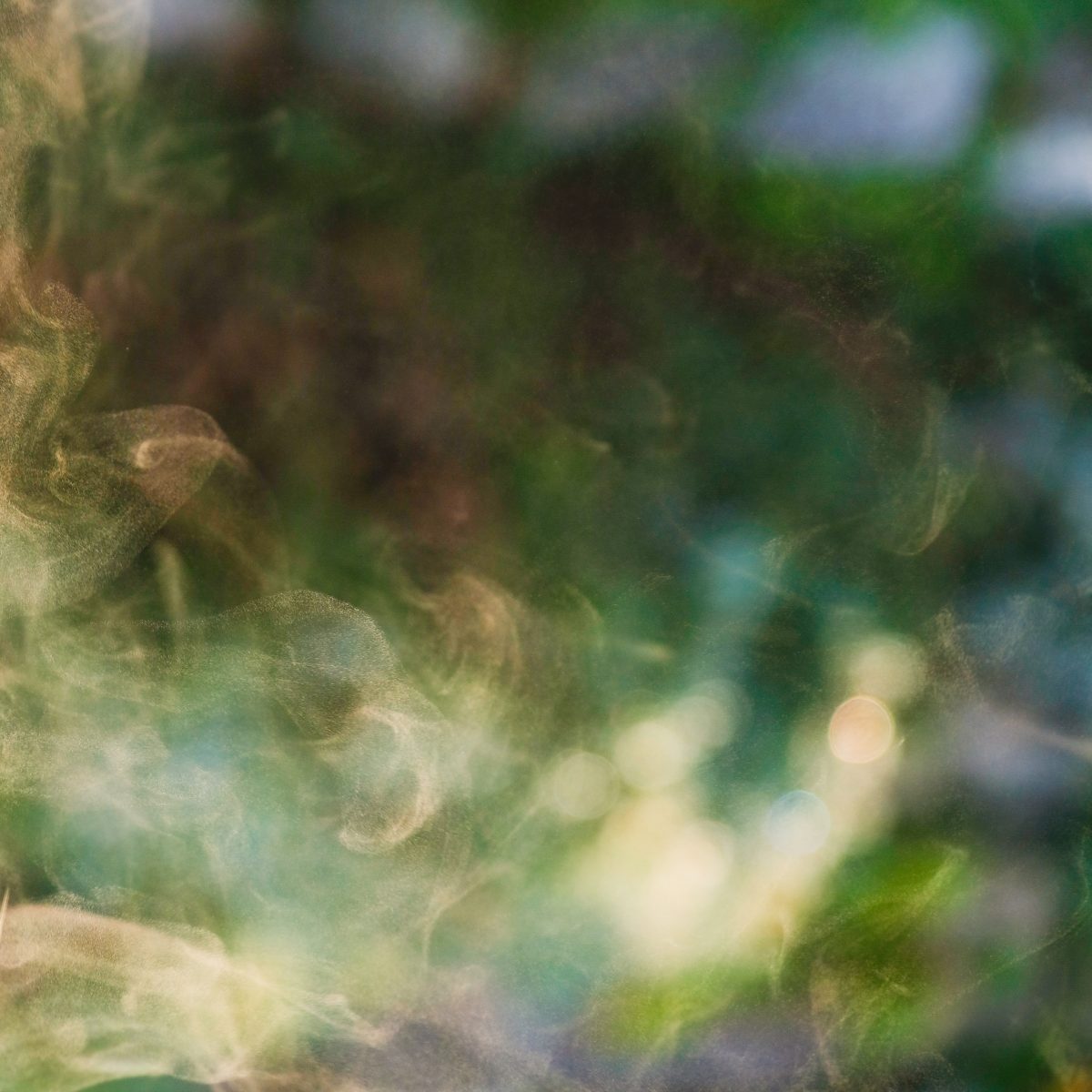
This is the editorial from our September 2022 newsletter. To read the full content, click here
Click below to listen to a recording
Philippians 4:6-7
Esther 4:13-14
There is anxiety about this coming winter. Real hardship is coming. The world order as we’ve known it is changing. Geopolitically this upheaval is the most serious since 1945. Though the causes go back much further, the signs have been growing for over fifteen years. The financial crash, political turmoil across the West, Covid, the Ukraine war, the energy crisis, the supply chain crisis, they are all linked. We have already seen the breakdown of trust in many of our institutions. Social unrest may follow. In the foolishness of hubris, it was assumed that things could only get better. But it is very likely that they will get worse.
This period can be understood politically as an “interregnum” – an era between eras – where “all manner of morbid things persist” (Gramsci). In spiritual terms, the unravelling is a kind of gray zone in which there is also the seeding of new life. Amidst the crisis, God is at work.
The previous era was characterised by a hyper-liberal philosophy that spawned individualism, manifesting on the left in the cult of self, and on the right in neoliberal economics and globalisation. Despite the gains this culture delivered for some, it offered false hope. It was hostile to the common good and caused catastrophic damage to our communities and the natural world. It was based on a flawed anthropology which is why it is now unraveling.
This form of individualism relegated God to a position subordinate to the self. Even churches were seduced, overly influenced by secular assumptions. In this misguided frame, the symptoms of the unravelling, in both church and society, are seen as problems to be solved in our own strength. This mistake creates deep anxiety. Instead we need to step back and make sense from a God-centred perspective.
As Christians we are told “not to worry” and to “pray”. To the secular ear this doesn’t sound very proactive. But what St Paul actually says is “pray about everything.” This is not passivity. He is talking about surrender to God who is the primary agent. It will involve lament and repentance because we have all colluded. Yet despite our failures God’s love is total. We are called to be in relationship with Him in the midst of the unravelling. To work out what He wants of us: our talents and intelligence will be needed. But we are to go in open eyed – there is a cost to following this path. Jesus says “take up your cross and follow me.” This is a gray zone, not a comfort zone.
Gray zones preceed renewal. Renewal is primarily a spiritual project. When it comes to the civic and political aspects of renewal, this is a time of preparation. Catholic social thought can guide us towards a practical vision of statecraft, a re-ordering of the economy and the rebuilding of shattered places and communities. Sometimes called the theology of the Holy Spirit in practice, it offers not false hope but real hope, rooted in the reality of the imago dei, innatural law and in love and truth.
So for such a time as this, what kind of leaders are we called to become? Many in the churches, ordained and non-ordained, are afraid and exhausted. Their training, designed in and for the old era, has not prepared them for this moment. But it is often within wilderness times that God calls us closer. He prepares, refines, cuts down his leaders so that all we have left is to trust Him, to become completely dependent on Him. Hard experiences and extreme environments can trigger the growth of a seed.
A deeper trust will create leaders with a non anxious presence. In an age of anxiety, the recognition that we are not called to be rescuers but companions amidst the unraveling will make us less overwhelmed. Attentive listening to the movements of the Holy Spirit will show us where God is calling us. Building covenantal partnerships with our neighbours will restore trust. Being together in the local, in real, embodied relationships of loving friendship, will create places of refuge where people can encounter the sacred, find love, forgiveness, redemption, warmth and belonging. Above all, what is needed is mutual accompaniment through the storm.
At T4CG we aim to help you navigate these confusing times from a God-centred perspective. We are small but effective, always working in partnership. Our resources, events, our training for churches and schools, and our bespoke sessions for leaders and organisations, are all equipping people to prepare for renewal, to discern their vocation for the common good. Do get in touch to find out how we can help you.
In this edition we are delighted to bring you a lecture by Lord Glasman on the renewal of democratic participation and civic life, a biblical perspective by Matt Williams on working poverty, a talk by our director Jenny Sinclair on the vocation of the church in a time of deep change, and a wide-ranging conversation with her and Mat Eason.
You will also find details of the next two lectures in our series with Lincoln Cathedral featuring Edward Hadas on Just Being? in late September and Malcolm Brown on Just Church? in October. In addition, to help you read the signs of the times we have assembled our latest recommended books and selected articles. Finally, to prepare your church members and young people to play their part in renewal and to empower them for the uncertainty ahead, do consider our Common Good Schools and Common Good Journey resources – our project leaders, Jo Stow and Sean Ryan will be happy to hear from you.
Every blessing on you and your family,
Jenny Sinclair
Founder and Director, Together for the Common Good
Like what you are reading? More inspirational content from Jenny Sinclair can be found here: https://togetherforthecommongood.co.uk/news-views/from-jenny-sinclair

